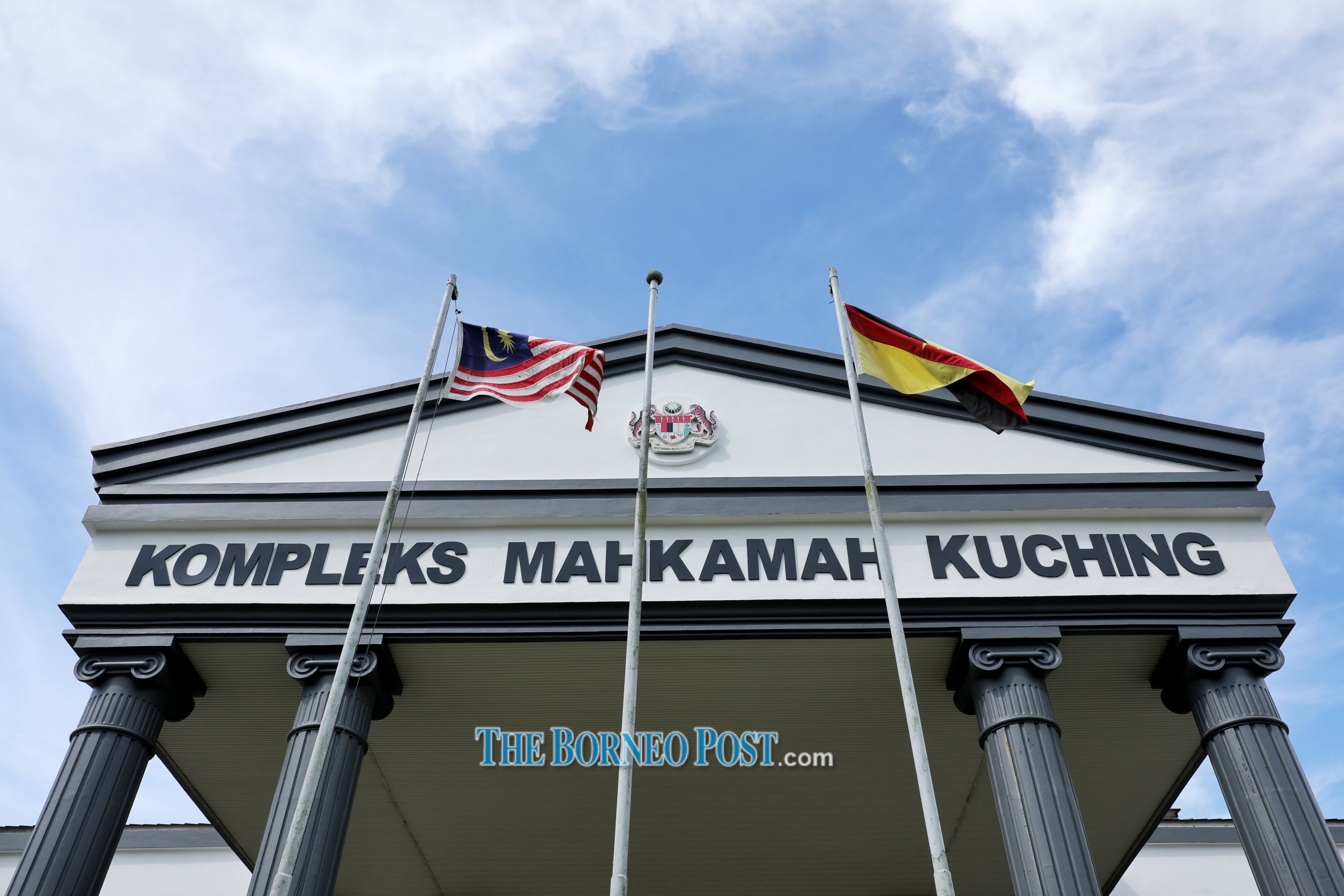ADVERTISE HERE

Azam
KOTA KINABALU (Oct 14): The National Governance Special Cabinet Committee meeting, chaired by the Prime Minister, has decided on various efforts to improve governance and corruption issues in the country.
Among them is the issuance of the Prime Minister’s Directive No. 1 of 2023, Series 1 of 2024, titled “The National Governance Enhancement Movement: Governance of Government-Linked Companies (SBK) and Companies Limited by Guarantee (CLBG),” which came into effect on May 20, 2024.
According to Malaysian Anti-Corruption Commission (MACC) Chief Commissioner Tan Sri Azam Baki, the directive aims to improve the management and governance of SBK and CLBG by focusing on the following aspects, strengthening the responsibility of top management in overseeing the management and governance of SBK and CLBG as outlined in the constitution of SBK and CLBG, increasing the accountability of supervising ministries in overseeing the management and governance of SBK and CLBG under their responsibility; and outlining key elements that the board of directors and top management must pay attention to in managing and governing SBK and CLBG.
Additionally, on April 30, 2024, the Federal Government issued General Circular No. 5 of 2024, which outlines guidelines on the Management and Governance of Federal Statutory Bodies (BBP).
The guidelines aim to enhance the management and governance of BBP, focusing on strengthening the responsibility of the minister in overseeing BBP as outlined in the constitutive act of the BBP, increasing the accountability of supervising ministries in overseeing BBP under their responsibility; and outlining key elements that must be observed by the board of directors, ex-officio members, and the Internal Audit Unit in managing BBP, he said at the opening of the officiating the ‘Konvensyen Integriti, Tadbir Urus dan Antirasuah (KITA) Tahun 2024’ by Chief Minister Datuk Seri Panglima Hajiji Noor here on Monday.
“I urge the Sabah government to adopt this directive to ensure the responsibility of top management in State SBK and CLBG in overseeing the management and governance of their respective agencies.
“I also recommend that the Sabah government adapt this general circular to improve the management and governance of State statutory bodies more effectively. Close cooperation between the Sabah government and MACC in strengthening anti-corruption efforts in Sabah should not be limited to organizing such programs or activities.
“In response to the Sabah government’s commitment to anti-corruption efforts, governance enhancement, and the cultivation of integrity in Sabah, I agree to assign a MACC officer (on secondment) as the integrity advisor to the minister in the office of the Sabah Chief Minister. This placement will be made soon,” he said.
On the event, Azam opined that the organization of the convention as an agenda of the Sabah government demonstrates the commitment of Chief Minister Datuk Seri Panglima Hajiji Noor, supported by a strong Cabinet, in developing Sabah towards Sabah Maju Jaya.
KITA this year, he said, targeted the participation of 2,000 attendees, including top management, Chief Integrity and Governance Officers (CIGO), and Integrity Officers from Federal, Sabah, and Sarawak SBKs, Sabah State government agencies, Sabah local authorities, and Federal statutory bodies from Sabah and Sarawak.
The initiative aims to enhance skills and personal excellence while fostering synergy among various organizations to maximize resource use and ideas in strengthening governance, integrity and anti-corruption efforts, he said.
“Under the Madani Government, we launched the National Anti-Corruption Strategy (NACS) 2024–2028, aimed at enhancing integrity and governance while curbing corruption, abuse of power, and misappropriation. NACS, which consists of 60 sub-strategies under five main strategies, was launched by the Prime Minister on May 7, 2024. It focuses on the well-being of the people through the Malaysia MADANI agenda, providing a framework and clear direction for combating corruption at all levels.
“It also sets the goal of strengthening integrity, transparency, and accountability across the country for the next five years. To ensure the success and effectiveness of NACS, collective commitment and cooperation from all parties are required.
“If we merely observe without action, corruption will spread like cancer — silently and dangerously — undermining public trust in the government, causing social injustice, and jeopardizing the nation’s future,” he said.
Therefore, agencies must review and improve their OACPs in line with the strategies and sub-strategies outlined in NACS and implement them effectively to ensure that the public can genuinely feel the benefits of good governance, integrity, and anti-corruption efforts, Azam stressed.









 English (US) ·
English (US) ·